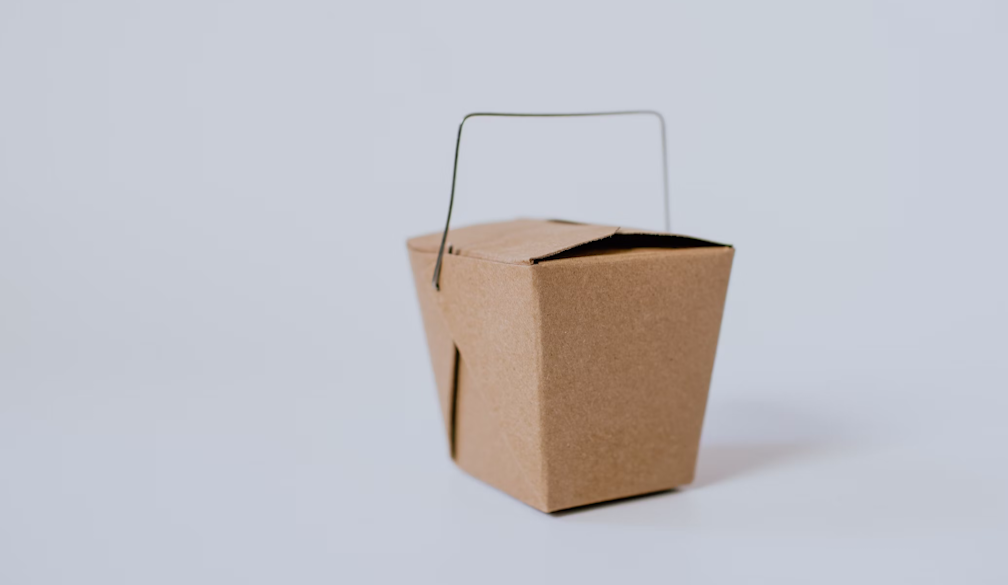The Versatility and Importance of Cardboard Boxes in Modern Packaging

In a world where packaging plays a vital role in protecting, presenting, and delivering products, cardboard boxes remain one of the most widely used and versatile solutions available. From e-commerce businesses in cities like Melbourne and Perth to local retailers and logistics companies, these simple yet effective packaging tools are indispensable. Their adaptability, eco-friendliness, and cost-efficiency make them a popular choice across countless industries.
Why Cardboard Boxes Remain a Top Packaging Choice
Cardboard has been a packaging staple for decades, and for good reason. It is lightweight, strong, and cost-effective. Cardboard boxes come in various sizes and can be easily customised to fit the shape and nature of a product, reducing movement during transport and protecting items from damage.
Businesses rely on them not only for their functionality but also for their branding potential. With the right printing techniques, cardboard can carry company logos, messages, and even aesthetic designs that elevate the unboxing experience for customers. This dual-purpose function—protection and presentation—is one of the key reasons cardboard remains such a reliable choice.
Adaptable Across Multiple Industries
One of the greatest strengths of cardboard boxes is their wide-ranging usability. In retail, they’re essential for shipping products of all kinds—from electronics and fashion items to cosmetics and books. Food service providers use specially coated or reinforced cardboard for takeaway packaging, while industrial suppliers rely on heavy-duty options for machinery parts and equipment.
In the e-commerce space, cardboard is the go-to for order fulfilment. Whether sending products across town or across the country, online retailers depend on well-constructed boxes to ensure products arrive intact. Their ability to be sealed securely, stacked efficiently, and easily labelled also makes them ideal for warehousing and inventory management.
Environmental Benefits and Recyclability
As sustainability becomes a key concern for consumers and businesses alike, cardboard boxes are gaining even more popularity due to their eco-friendly attributes. Made from renewable materials and typically recyclable, they are far less harmful to the environment compared to plastic alternatives.
Many boxes are produced from recycled content, and after use, they can enter the recycling stream once again. Even when disposed of improperly, cardboard breaks down much faster than synthetic materials. For businesses looking to meet eco-conscious standards or comply with green certifications, using recyclable packaging like cardboard is often a strategic decision.
In some cases, businesses are opting for biodegradable or compostable variations of cardboard to further reduce their environmental footprint. This has become particularly important in industries such as food delivery and artisanal product packaging, where customers are increasingly seeking sustainable practices.
The Role of Design in Cardboard Packaging
Although functional, cardboard boxes are also a canvas for creativity. With the right design elements, even a simple box can make a strong visual impact. Custom printing options allow businesses to turn ordinary packaging into a branding opportunity. Think of the last time you received a parcel with eye-catching design—chances are it left a more memorable impression than a plain, unmarked box.
From clean minimalism to bold typography and vibrant colours, design choices on cardboard packaging influence customer perception. A well-designed box communicates professionalism, attention to detail, and a commitment to quality. For small businesses in particular, packaging is one of the most cost-effective ways to build a cohesive brand image.
Choosing the Right Type of Cardboard Box
There are many types of cardboard boxes, each suited to different packaging needs. Single-wall boxes are commonly used for lighter items, offering decent strength without excessive bulk. Double-wall boxes provide added durability and are better suited for heavier products or long-distance shipping. For fragile or high-value items, triple-wall boxes or specialised inserts can provide additional protection.
Die-cut boxes are another popular option, especially for products that require a tailored fit. These are made using a custom template, allowing for precise dimensions and added features like self-locking mechanisms or display windows. Whether you’re shipping bulk goods or presenting a luxury item, there’s a cardboard solution that fits.
Storage and Logistics Advantages
From a logistical standpoint, cardboard boxes are easy to store and transport. They arrive flat-packed, saving space in warehouses and reducing shipping costs. They’re quick to assemble, require minimal handling, and can be adapted with tape, glue, or staples depending on the situation.
Because of their uniformity and stackability, cardboard also contributes to better organisation in storage and transit. Businesses can label boxes with barcodes or QR codes for streamlined inventory management, helping reduce errors and increase efficiency.
Supporting Local Economies and Suppliers
In places like Perth and across Australia, sourcing cardboard boxes from local manufacturers helps support local economies and ensures quicker delivery and better quality control. Working with local packaging suppliers also allows businesses to customise their orders more effectively and reduce their carbon footprint by cutting down on long-haul transport emissions.
Additionally, local suppliers often offer insights into market trends, such as new eco-friendly materials, innovative designs, or packaging regulations relevant to your industry.
Final Thoughts on the Value of Cardboard Boxes
In today’s packaging landscape, cardboard boxes are much more than just containers. They are a reliable, sustainable, and highly customisable solution that meets the needs of businesses large and small. Whether you’re an online retailer shipping nationwide or a local artisan delivering within your community, the right cardboard box can enhance product safety, reinforce your brand, and support environmentally responsible practices.
By choosing quality cardboard packaging, businesses not only protect their products—they also invest in customer satisfaction, operational efficiency, and long-term brand growth. In a market where first impressions matter, cardboard continues to prove its worth as a trusted packaging material.

